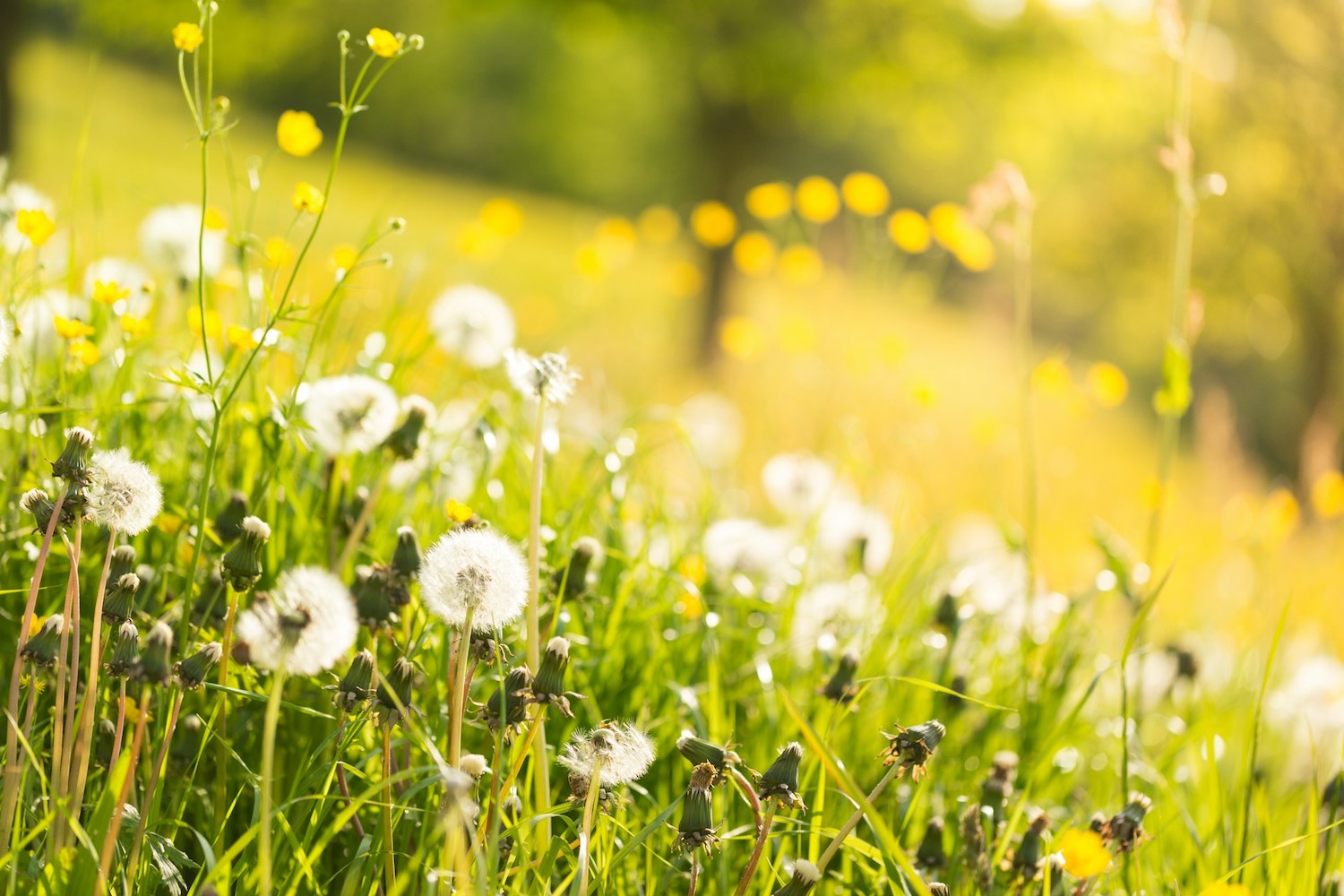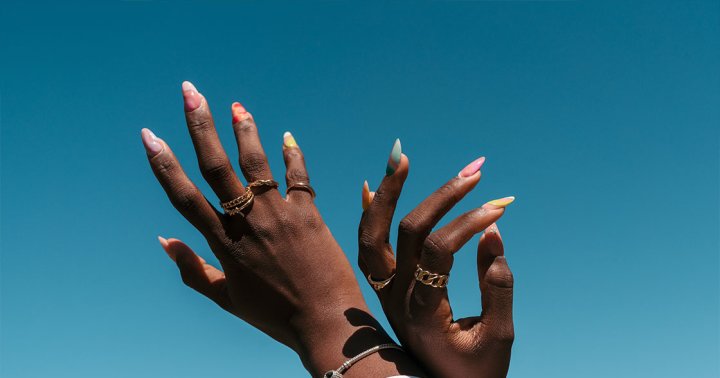Failure as Liberation
Struggling with feelings of rejection, a writer finds strength through letting go. The post Failure as Liberation appeared first on Tricycle: The Buddhist Review.

I spent five years writing a novel. While I worked on the manuscript, I held two part-time jobs, raised a small child, managed chronic illness, lived through the pandemic, became pregnant, moved across state lines, and gave birth. I struggled to complete the novel, but everyone I knew told me that that struggle was common, especially for first-time novelists. When the book finally felt ready, I sent it to agents. Everyone liked something about it—but not enough to sign me as a client. After six rejections on full reads, I stopped querying. The novel lacked some essential element, yet I couldn’t tell you what that element was, not then.
In the wake of these rejections, I vacillated between devastation and wild, freeing relief. But it was mostly devastation. And so, I did what devastated people often do. I turned to what felt greater than myself.
***
I didn’t want to talk about it, but others around me could feel it. I wasn’t in a good place. My dharma teacher, Lama Justin von Bujdoss, who had long been patient with me, started expressing impatience at my lack of commitment. I told him I didn’t have time to meditate between working, parenting, and writing. He asked me, Who are you, if you’re not a writer?
The question stung enough to get my attention.
He told me to meditate on my commute. To fit meditation in whenever possible. Ten minutes here, five minutes there. Use that time alone to practice atiyoga. Also known as Dzogchen, atiyoga is a meditation without object or concept.
Vajrayana Buddhist teachings tell us to find a secluded place away from others to know our own minds. To practice in cremation grounds, in places that scare us.
For thousands of years, yogis and yoginis have followed these instructions, meditating alone in caves, remote mountains, forests, and charnel grounds. While I was among the comings and goings of everyday life, my experience in meditation experiences felt profoundly solitary. Refreshingly so. I began to view my sense of desolation as an unexpected opportunity.
I remembered I became a Buddhist because I had always felt like an outsider—born to two mothers and having grown up in a ramshackle old farmhouse in a blue-collar neighborhood, next door to a halfway house for ex-cons and traumatized war vets. I was born on the edge of respectability. I needed to go back to where I started: the outskirts. Where it was safe to not belong, because there, I had always belonged to myself.
I needed to move to the edge again.
When you’re on your own, when you’re apart from others, there’s no one to project your feelings onto, no one to blame, no one to distract you, no one to anticipate. You are with yourself, alone, and your troubles are yours alone. You must confront your own mind alone.
To practice in this way is not selfish. It’s not an act of rugged individualism. If we connect with our true nature, we also connect with the true nature of other beings. This is because we all have the same inherent, awakened nature. In the atiyoga view, we don’t have to try to generate compassion for others. Compassion is a side effect of freedom.
If we connect with our true nature, we also connect with the true nature of other beings.
***
I spent a winter like this, meditating on the train to and from work, tapping into my exhaustion, frustration, and sense of unworthiness. Relaxing, I began to feel relief and a desire to meditate more.
One day, during a Zoom meeting, my teacher, a city-person who loves nature, admired the oak trees in my backyard. “You should meditate outside,” he suggested.
***
Taking von Bujdoss’s advice, I began to meditate in the nature preserve ten minutes from my house. I live in one of the hilliest places in Illinois, near bluffs overlooking Lake Michigan. In the early spring, the bluff is full of robins, red-winged blackbirds, and the dried skeletal prairie grasses left over from autumn.
One morning, in late March, walking across the hill, I noticed how the smell of smoke and pine sap seemed to fill the air. They had been burning the fields to eradicate the woodland plant species that regularly invades the native prairie. The burn had been so well controlled, it looked as though a comb had parted the grasses, separating the charred field from the green, mowed path.
In the deliberately burnt land, I saw a teaching reflected back to me. I had to destroy what I had created in order to allow for new growth.
An act of renewal can so often look like an act of destruction. I sat down at the end of the path, overlooking the lake. I stared down at a dandelion. The sense of my very being widened.
Dandelions are among the first flowers to appear in the preserve each spring. They grow in the mowed part of the path, like shaggy bright suns fallen out of the gloomy sky. In the preserve, they are enormous, about the size of the circumference of my palm. I looked at the flower for a while, and then at the line in the horizon where the lake and sky met.
And I just gave up.
I let myself fail.
***
Back in 2015, nearly ten years ago, when I was about to give birth to my first child, a story I wrote was chosen for that year’s Best American Short Stories anthology. In the tiny world of literary short fiction, making it into this collection is like winning an Oscar. My life as a writer was filled with opportunity.
Agents and editors reached out. They wanted to know if I had written a novel manuscript.
Before the anthology, I had been too afraid to even want to write a novel. A novel is such a large thing to want. What if I failed? But others now believed in me, so I began to believe in myself. I could do it.
Three years after my son was born, I finally carved out the time and energy to work on the manuscript in earnest. It was 2018. When I had around one hundred pages, I asked friends in the publishing industry for advice. I had vaguely modeled the parents of the main character off my own, with one major difference: in real life, my parents were two women. In the novel, I’d written the parents as straight. I wasn’t sure what a mainstream audience would make of a queer family.
My book-world friends agreed. Better to write it straight. Most people didn’t seem to know that queer families like mine existed, much less in Kentucky. I needed relatable characters.
***
In those days, I would have said that the most important part of writing a novel is also the most important part of meditation: compassion. Reading a novel is an exercise in feeling with and for others. We read to identify with made-up people. We role-play our capacity to connect with others. Our compassion drifts out of our imagination and into real life, for an unquantifiable social good.
I wrote for the same reason I meditated: I hoped to make the world better. Which is to say, I wrote for people other than myself. So I did what I thought was best. To be relatable, to allow others to practice their compassion. I wrote my queer life out of the novel.
It felt natural, withholding queerness. I did what I’d been doing since childhood. Passing as straight for acceptance and safety.
As a child, I had been told by my mothers to tell strangers this lie: my biological mother was divorced, and we lived with a cousin, my other mother. I was used to straightening us; there was no choice in those days, especially not in Kentucky.
One evening, around the age of 9, I sat on my mother’s bed watching an evening Sunday news show. My parents were in the yard, finishing chores while there was still enough daylight out to see.
The news anchor interviewed a lesbian couple in Arkansas. Their children had been taken away from them by the state because they were gay. When I heard my parents come back into the house, I quickly changed the channel so they wouldn’t catch me watching this news story.
Without my parents telling me anything, I understood why it was important for me to lie about who we were. It didn’t matter that my parents—two women, one straight, one not—
considered themselves in a platonic partnership, one that was not based on sex. Or that they had planned me together, going to a sperm bank before sperm banks even had a name. We fell outside of heteronormativity, and that put us in a dangerous place. When I was older, I would learn my mother K., who was bisexual, was harassed at work for being queer, nearly losing her medical license to homophobia.
All that was needed to destroy my family was the accusation of homosexuality. There needed to be a line of defense. That defense was us passing. That defense included me.
***
I sat on the hill and did what my teacher told me to do. I let go. I watched sunlight pearl onto the lake. I let myself fail. I no longer wanted to defend myself. I no longer wished to be anything other than what I already was.
If failure is a great unlearning, meditation is a profound act of failure. To go into the sense of wildness, away from the gaze and projections of others, is to strip down to this solitary fact: we die alone, we take nothing with us. This truth also applies to the interim, to the life between birth and death. Even in the company of others, even with the compassion of others, our interior, lived experience is solitary.
Even in the company of others, even with the compassion of others, our interior, lived experience is solitary.
To meditate is to allow for a kind of falling away. When we pay attention to our own bright awareness, a renunciation of distorting conditions occurs naturally. These distorting conditions also create what Thomas Merton, the Trappist monk and mystic, describes as “the false self,” and what the Dzogchen teacher Tenzin Wangyal Rinpoche calls “the pain self.” My problem wasn’t me; it was the distortion I mistook as me.
When I looked past the pain self, I found that deep in my heart, I didn’t want to do much else with my life other than look at dandelions, the sky, and the sunlight. My impulse to write a novel wasn’t so different from my desire to meditate—to come alive within a deep sense of play. To be free.
***
I still write out of a sense of compassion, and I hope others will be touched by my work. But I no longer believe it is selfish to write for yourself, nor do I think it’s indulgent to be true to my queer life.
I belong with those who are outside. With those who want to belong to themselves first, more than belonging to anyone else. The conditions of our solitude are already so interdependent. We can’t exist without each other. We are alone. We are alone together.
I’m writing another novel. This one is much closer to my lived experience. It is strange for many reasons, a queer family being the least of them. It’s a lyrical novel, which means that most people won’t like it, and it probably won’t find a home in a large press or be chosen for any book clubs.
I don’t care.
That’s not why I’m writing it. I’m writing it for the same reason I want to sit outside in a field, watching the dandelions, the sunlight glistening on the water, waiting until a warm bliss fills me inside and nothing feels as far away as it appears.
I’m here for now and I’m alive.

 Troov
Troov 































